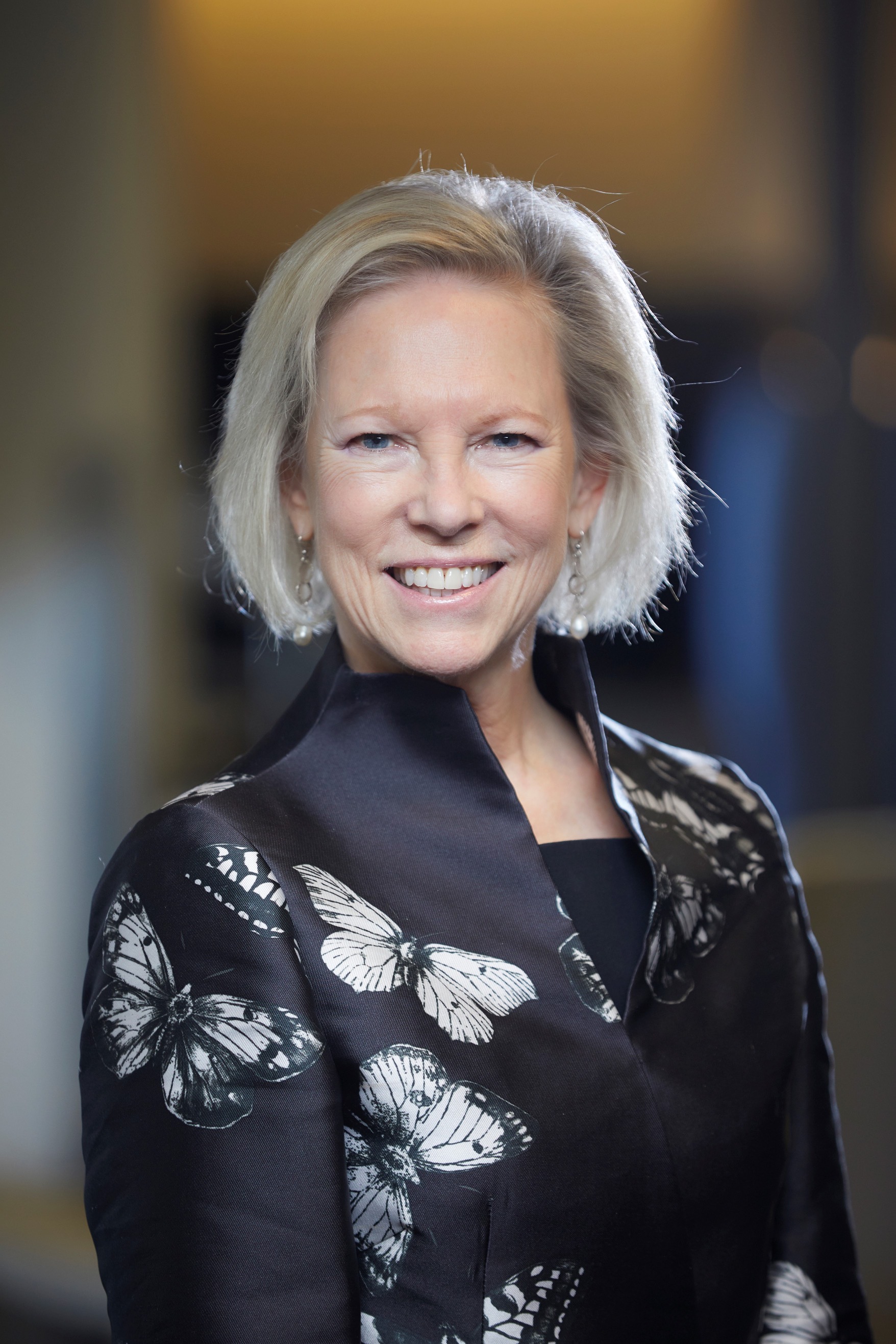On the UN’s side, the Global Compact helps companies align their strategies and operations in ways that further progress on the Sustainable Development Goals. More than 8,000 businesses across the world have already joined and have agreed to abide by the 10 principles.
The UN Foundation is home to the Business Council of the United Nations. BCUN helps its members connect with the UN’s network of agencies and country representatives. Our relationships with policy makers and diplomats at the UN allow for great exchanges of timely information on global subjects.
Collaboration could be as simple as endorsing the Women’s Empowerment Principles or the Caring for Climate Statement. We at UNF are happy to talk more.
The 74th session of the UN General Assembly begins September 17, 2019. What things should business leaders expect from UNGA this year?
First, business leaders are likely to see calls for greater action and ambition during the five summits that will make up the UN General Assembly this year. The summits include Climate Action, Universal Health Coverage, Sustainable Development Goals, Financing for Development and Small Islands Developing States. The UN is seeking significant commitments from governments and other major actors in each of these areas. Second, this will be an important moment to look ahead to the next 10 years, the “Decade of Delivery,” or where we need to be by 2030. Third, we can’t get there without better data, used effectively, to plan and measure the work. Fourth, there will be a focus on financing. We need every sector to contribute, and we need to use the power of government solutions and the private sector to unlock the trillions needed.
You’re well known for saying that “change always starts with a girl.” How can business leaders support empowering women and girls?
First, you must pay women equally, and provide them an equal opportunity to lead. Company leaders sometimes claim pay equity and parity are complicated, or that they cannot afford it.
The truth is that you cannot afford not to pay and promote women if you want to win market share, brand affinity, shareholder value and talent. Stop asking candidates to provide their salary history, which condemns women to perpetual pay inequity, and adopt gender-blind recruiting practices and gender-neutral language in your position descriptions.
Second, make men in your company part of the solution. Incentivize men in your leadership ranks to mentor and sponsor women, and to use their family leave.
Third, take sexual harassment seriously. Adopt robust, accountable and transparent practices and abide by them. Fourth, create a workplace that works for women. Small and strategic investments in, for example, on-site health services, such as cervical cancer screening or HIV testing, or day care for children, or safe and reliable transport, are good for your workers and help companies increase retention, decrease absenteeism and improve productivity and morale. If you provide health insurance, make sure it covers birth control.
Next, if you use advertising, refuse to use gender stereotypes. Stereotypes are bad for us all, and they are boring. Also, companies need to be aware of and do what they can to change the discriminatory laws. Archaic laws are preventing women from freely seeking work or controlling assets, such as land. In some countries, women are still legally compelled to ask their husbands for permission to go to school, apply for a passport or leave their house. It constrains participation and productivity, and is unfair. Business leaders should say so.
Finally, be generous. There are organizations in your community that are working to end child marriage, ensure girls’ education, improve maternal health, prevent gender-based violence, and more. You want the girls and women they serve to be your future customers, employees, partners or political leaders. Do everything you can to make that possible.

